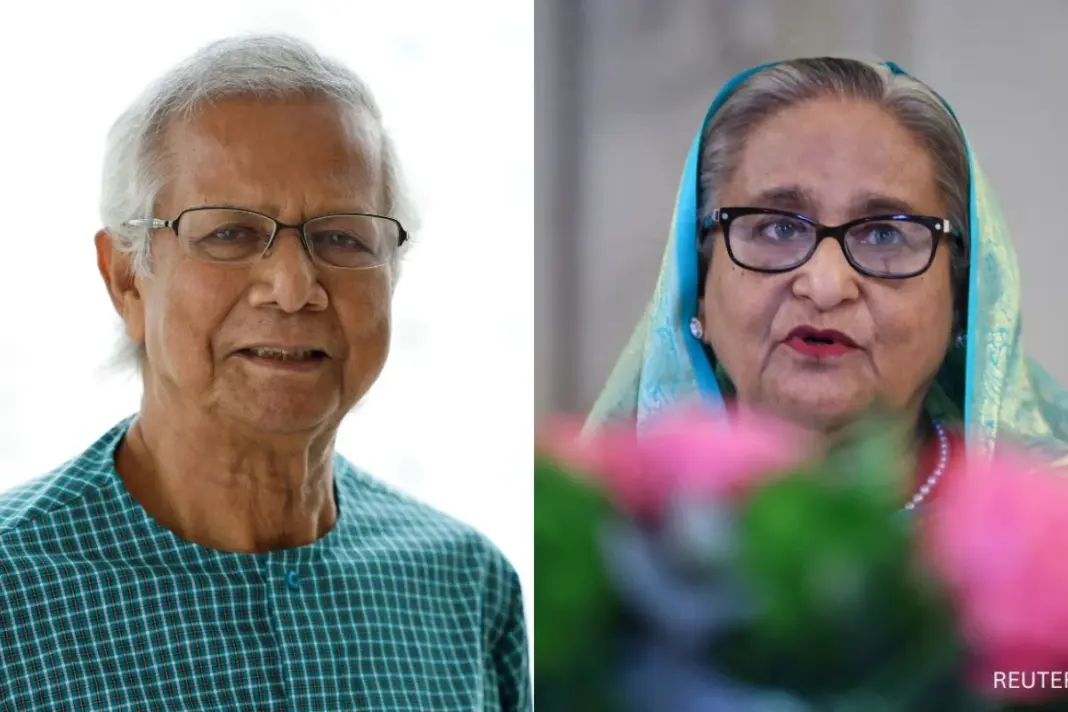Shiekh Hasina: Bangladesh entered a high-tension stage on Monday after a tribunal in Dhaka sentenced former Prime Minister Sheikh Hasina to death in absentia for crimes against humanity. The trial and ruling are tied to the anti-government protests last year that saw people die or injured.
Hasina is currently in India and labeled the ruling as “politically fabricated.” Her party, the Awami League, claimed it was the “darkest day in the country’s judicial history.”
Protests, Security Precautions, and Public Anger.
Directly after the ruling, protests quickly erupted from Awami League loyalists and citizens demanding to know how the freedom of the judiciary could have witnessed the trial and ruling that led to bloodshed. Security was also tightened around important government buildings as fears of violent confrontations between security forces and protesters heightened.
Following the ruling, human rights groups expressed concerns about the trial, particularly in light of the fact that more than 1,400 people died during the uprising, which is still being investigated.
DON'T MISS
The Yunus Factor: Reformist or Power Consolidator?
At the heart of this crisis is Nobel laureate Mohammed Yunus, appointed head of the interim government in charge of getting the country back on its feet following Hasina’s removal. Yunus has accused Hasina of destroying the democratic institutions, and he defended the independence of the tribunal. However, critics are noting that the speed and severity of the verdict raises questions of whether this interim government is invocating judicial processes to maintain its grip.
Opposition activists and international observers are split:
Some view Yunus as a much-needed reformist removing years of authoritarian decay.
Others observe that he may be creating an unintended precedent of punitive political justice.
Regional Implications and Hasina’s Son Raise Alarm
Hasina’s son, Sajeeb Wazed, reacted sharply, contending that Bangladesh is “slipping into authoritarianism under the cover of reform.” He insisted that unless the Awami League is given a fair political pathway to the 2026 elections, “the country would fall into some kind of unpredictable turmoil.”
India, and hosting Hasina, is watching closely as it is concerned about border security and potential refugee flows.
A Country at a Crossroads
As Bangladesh grapples with anger, happiness, fear and uncertainty simultaneously, one question reigns supreme:
Is this decision a step towards restoring democracy – or the prelude to a treacherous political recalibration?
Only time will tell whether Yunus can indeed stabilise the country, or whether the Hasina decision becomes that moment which will plunge the country back into a deepening political crisis.



